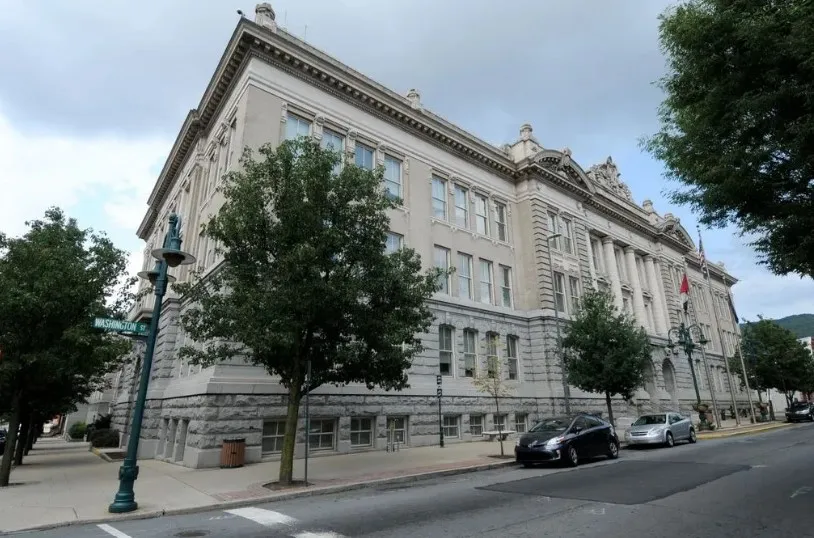Filling seats on Reading’s vacant City Charter Board may require action from voters, City Council members said.
Council, during the committee of the whole meeting Monday, discussed two possible solutions: merging the city’s charter and ethics Boards or removing a City Charter prohibition that bars anyone from serving on more than one board at a time. Either option would require a voter referendum, which could not take place until November 2026.
The issue is pressing because the charter board does not have any members at present, a situation that must be rectified as soon as possible, Council Solicitor Michael Gombar said.
“It’s never easy to find good qualified candidates for all the boards and commissions and authorities that we have within the city,” he said. “So we’re trying to brainstorm as far as some other options or trying to think outside the box on how to see if we can find a way to get the charter board back up and running.”
Under the first option, members of the ethics board would also serve on the charter board, handling the responsibilities of both.
The second option would keep the two boards separate but remove the restriction on dual service, allowing an individual to sit on more than one body if qualified and willing.
City Solicitor Fred Lachat said he supports eliminating the prohibition. He noted the idea was put to voters about a decade ago but failed, partly because residents misunderstood its intent.
“We’re struggling to find applicants, not just qualified people, but people aren’t even sending in the applications,” Lachat said. “It’s a necessity, not something that is being done to kind of, you know, give too many people or certain individuals too much power.”
Some council members expressed reservations on a merger.
“I am not sure I feel comfortable with merging the two, just because I feel like the lines can be blurred,” Councilman Jaime Baez Jr. said.
Councilman O. Christopher Miller said he believes the city should focus on educating residents before asking them to vote on a change.
“It just seems in a city where the population is increasing with the number of potential people that could serve on boards, we seem to be looking at the easier, softer way of solving this,” Miller said. “I wonder if it would make more sense, before we would go the route of the referendum, to actually invest some dollars in trying to educate people on what exactly is involved in serving on boards.”
Miller suggested outreach could attract more candidates.
Councilwoman Vanessa Campos said additional time to plan could help.
“Since it is too late to get a voter referendum on the November (2025) ballot,” she said, “council could take additional time to think about how it would like to address the problem.”
Council President Donna Reed suggested reinstating a former marketing committee to help recruit members. She also asked the administration to seek advice from Albright College’s Center for Excellence in Local Government and from neighboring municipalities on how they maintain board rosters.
Ideas for outreach included using the city’s communication specialist, engaging community and business groups, and expanding email distribution lists to share board vacancies more widely.
Baez also suggested using social media networking to spread the word.
No decision was made on whether to pursue merging boards or remove the service restriction.

